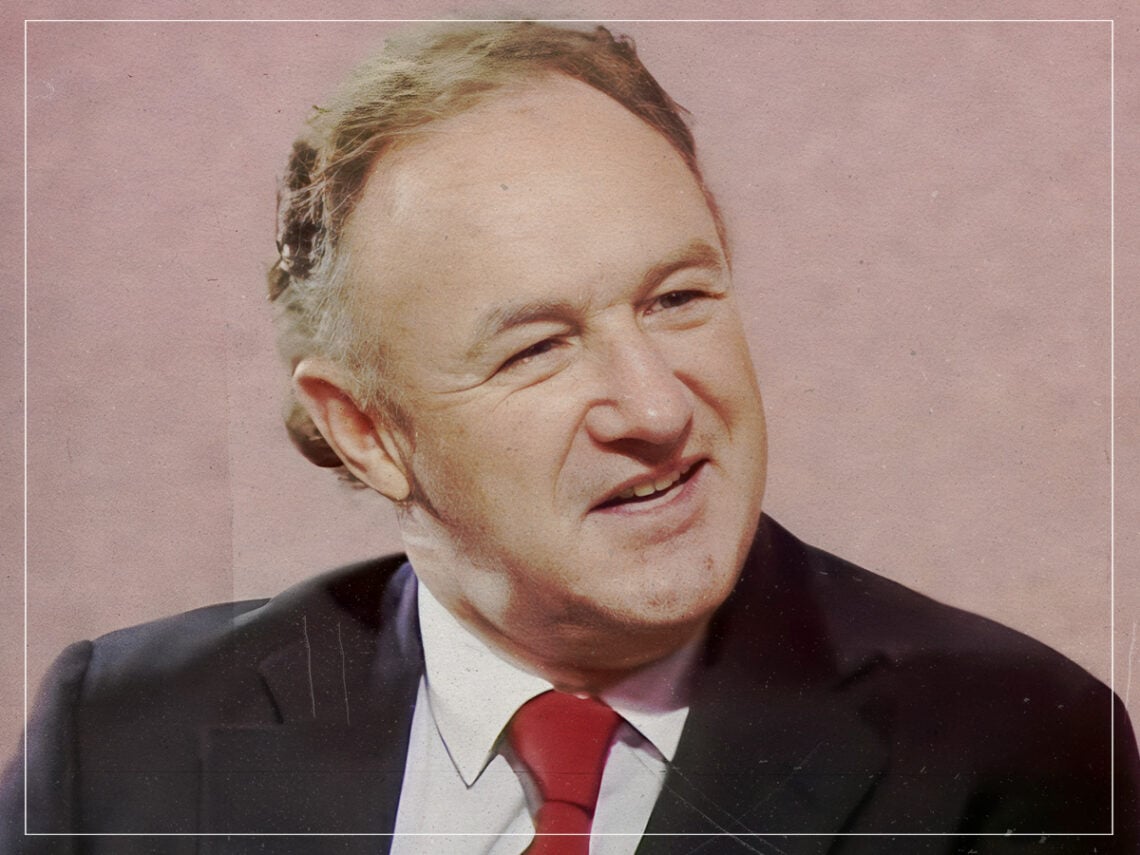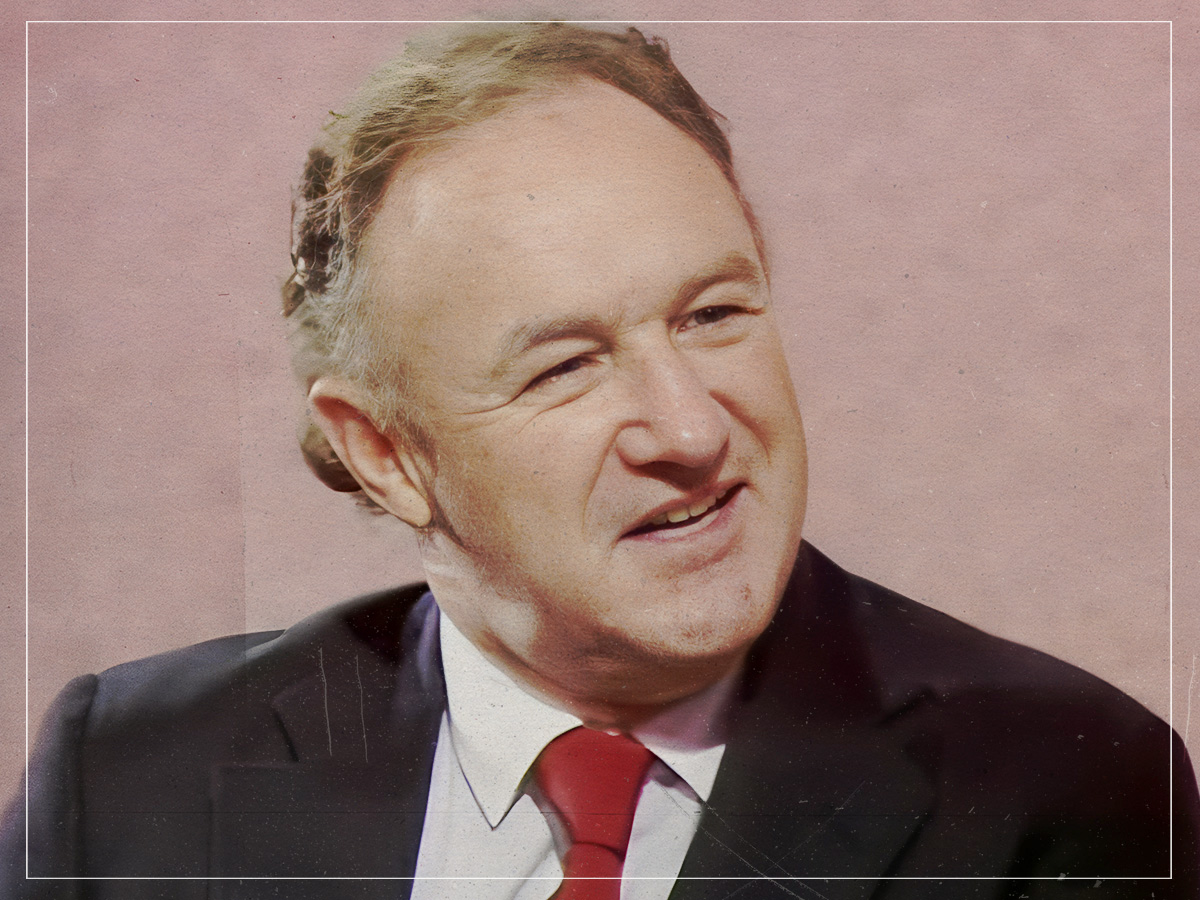
(Credits: Far Out / YouTube Still)
Mon 22 September 2025 21:30, UK
At the risk of coming over all Alan Partridge when he was still stuck in the static home watching Bond films, if you fancy a weekend movie marathon, you could do an awful lot worse than going with Gene Hackman as a theme. Not only will you get amazing movies from every decade between the 1960s and 2010, but you’ll also honour the man himself, who sadly died this year.
A double Oscar winner, Hackman excelled in almost every genre you can think of, from Superhero to western to comedy to modern warfare, and his best films rank up there with the very best that any actor has to offer.
The likes of Francis Ford Coppola’s The Conversation from 1974, Clint Eastwood’s Unforgiven in 1992 and 1971’s The French Connection are quite simply must-watches for anyone who professes to love film, and Hackman is untouchable in each of them.
That’s aside from lesser-known movies that reward just as much as those, like the fantastic Scarecrow with Al Pacino, the road film from 1973 that saw both lead actors prepare for their roles by pretending to be homeless beggars in San Francisco. Then there’s Night Moves from two years later, Hackman superb as a private investigator dragged into a nightmarish set of circumstances while searching for a missing girl.
Hackman was still at the peak of his powers through the 1980s, too, starting off the decade in Warren Beatty’s Russian Revolution epic Reds and then Hoosiers in 1986, known as one of the best sports films of all time. Hackman was perhaps overshadowed by Dennis Hopper, who got an Academy Award nomination, but the balance was redressed when the lead actor picked up a nomination for the harrowing Deep South drama Mississippi Burning in 1989.
He went one better and won his second Oscar, for Best Supporting Actor, in 1992’s Unforgiven. One of the greatest westerns of all time, Hackman had to be convinced by director Clint Eastwood to take the role on, because he had decided not to do any more parts that included violence. Good job he did too, because Unforgiven also won the Oscar for Best Picture the following year.
Hackman had always been reflective of his shooting to fame as an actor, revealing in his autobiography: “I wasn’t really properly prepared for the success I suddenly had. I thought I was. What happens is, no matter how much you prepare yourself, you just get swept along with it. All of a sudden you’re living this fantasy, but it doesn’t last. You have to deal with the reality of it all, and the reality is that you have to continue to do the work that got you there in the first place.”
He got himself something of a reputation for being difficult on set, certainly he fell out with some directors and fellow actors, not least Pacino on the aforementioned Scarecrow who said that he wasn’t easy to spend time with at all.
Hackman added, “I had changed, and people’s attitude towards me had changed. People feel they have to defer to you. You find yourself with more juice, more power, the handling of which is always a fascinating process. You use power for a number of reasons, to get what you want, to feed your ego, or to become a prick or whatever. It’s a dangerous situation because one never knows quite how to read what is happening with you.”
In later years, directors like Wes Anderson, who hired Hackman for his hit comedy The Royal Tenenbaums in 2001, also fell foul of Hackman, who reportedly was very unhappy with Anderson’s flat-fee salary for all his actors. Hackman apparently left the set in a huff and the pair didn’t speak again after the film’s premiere. Despite this, during their last conversation, Hackman supposedly told the young director that he liked the movie.
Related Topics
The Far Out Clint Eastwood Newsletter
All the latest stories about Clint Eastwood from the independent voice of culture.
Straight to your inbox.

